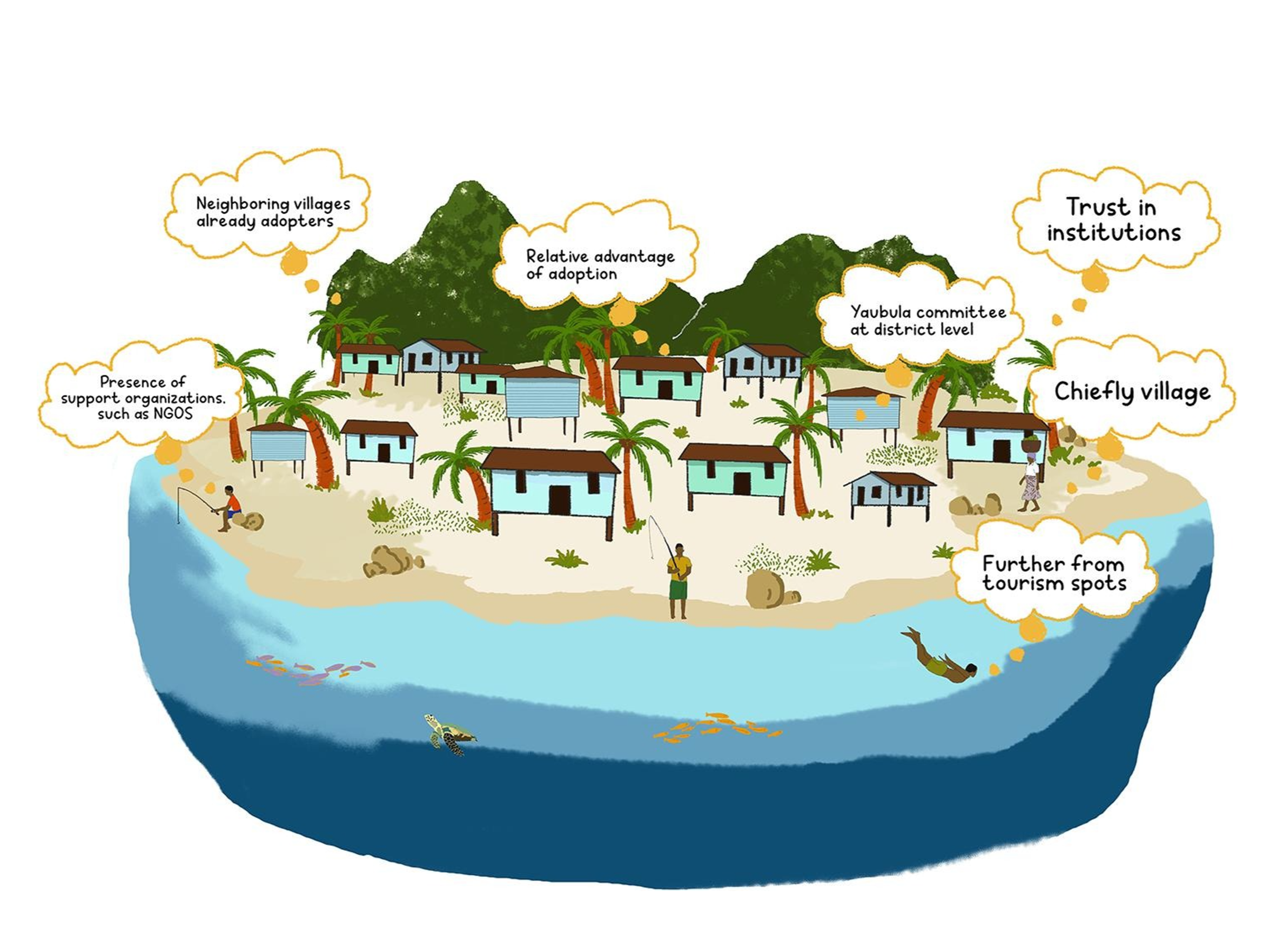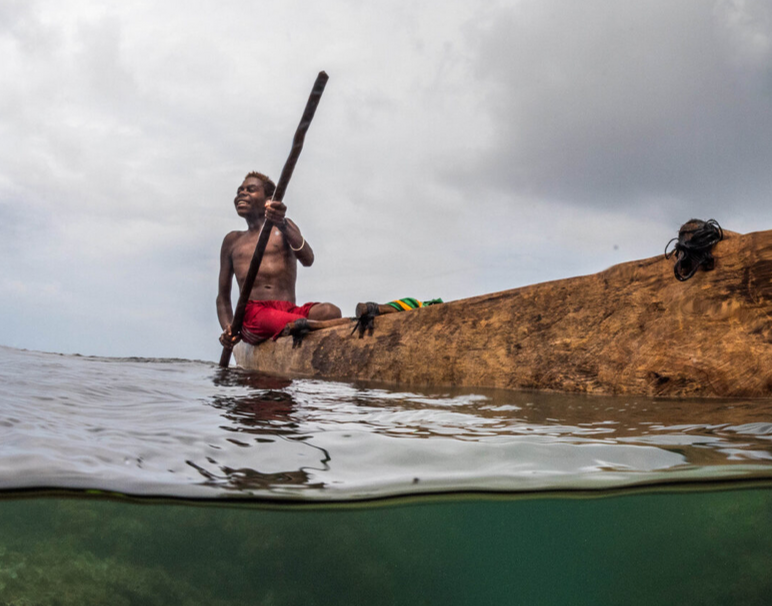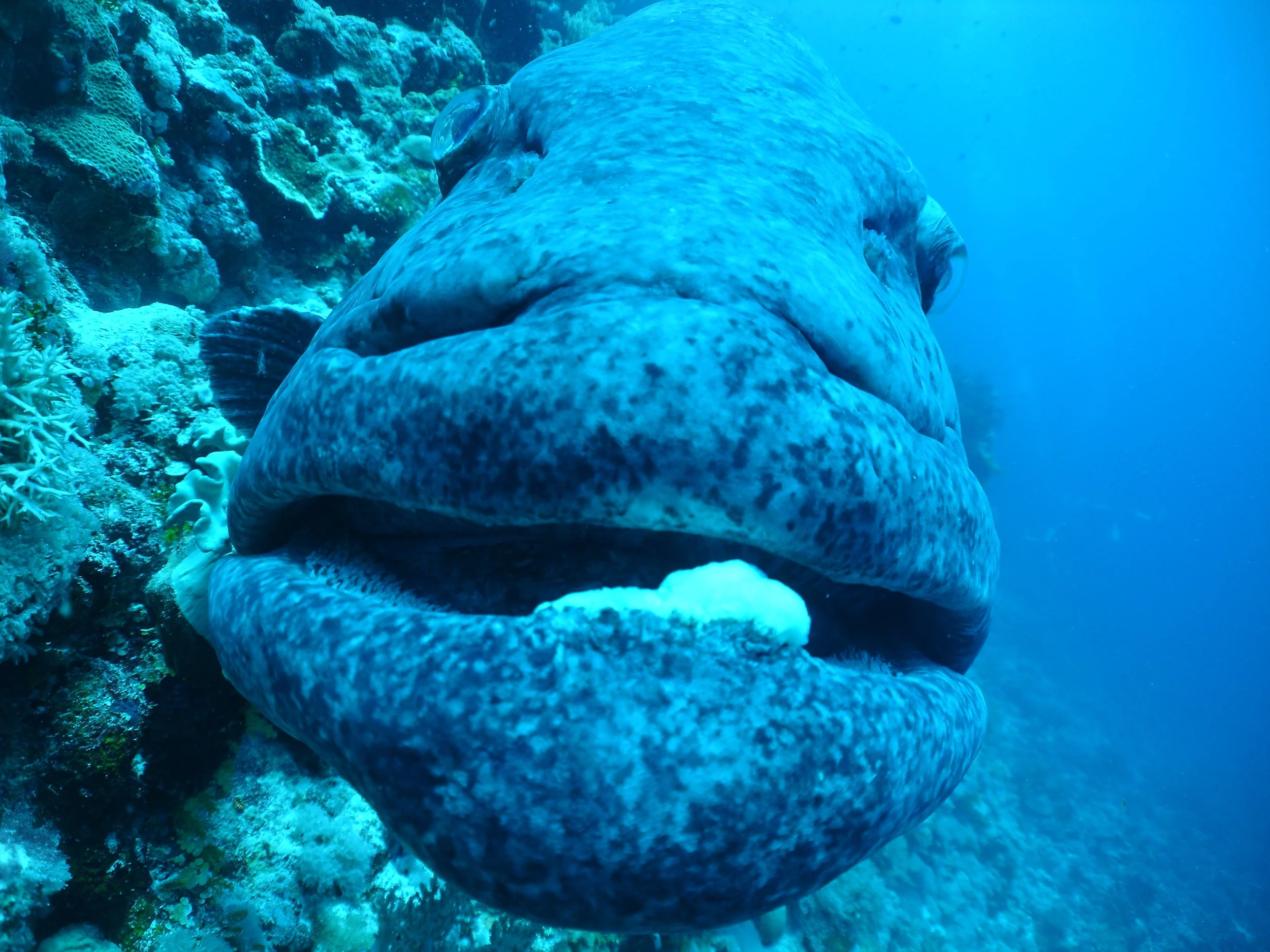Press

Insights for scaling indigenous-led natural resource management
Recent studies and the Global Biodiversity Framework underscore the vital role of management initiatives led by Indigenous Peoples (IP) and Local Communities (LC) in achieving conservation goals, addressing climate change, preserving biodiversity, and fostering a more ecologically just world. Despite this recognition, the most effective methods to support and expand these initiatives, as well as the factors influencing their adoption and scalability, remain unclear.

Study finds locally managed marine areas in Fiji yield mixed results
A recent study found that locally managed marine areas in Fiji strengthened the mechanisms believed to advance conservation efforts but ultimately led to few social, economic or even ecological benefits. Based on these results, the authors suggest reevaluating community-based marine management projects to understand how they can be modified for success.

Brazil’s agroforestry farmers report many benefits, but challenges remain
Smallholder agroforestry farmers in Brazil’s Atlantic Forest biome have observed environmental, social and cultural benefits arising from their restorative farming practices, researchers recently reported in the British Ecological Society’s journal People and Nature.
However, major policy, financial and logistical hurdles are preventing them from reaching the full commercial potential of their harvests, and also deterring conventional, non-agroforestry farmers from embracing more eco-friendly approaches.

How do conservation efforts stack up?
Conservation initiatives are cropping up all over the planet to address escalating environmental threats and crumbling biodiversity – but what makes them reach a scale that has tangible impacts?
Helping them go viral is one answer found by an international study led by Imperial College London, published in the journal Nature Sustainability.
